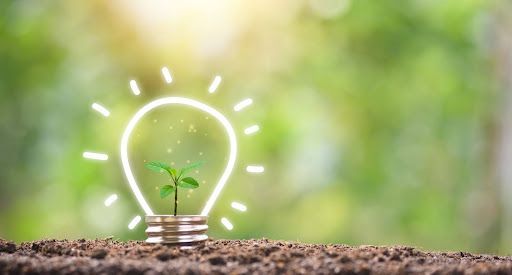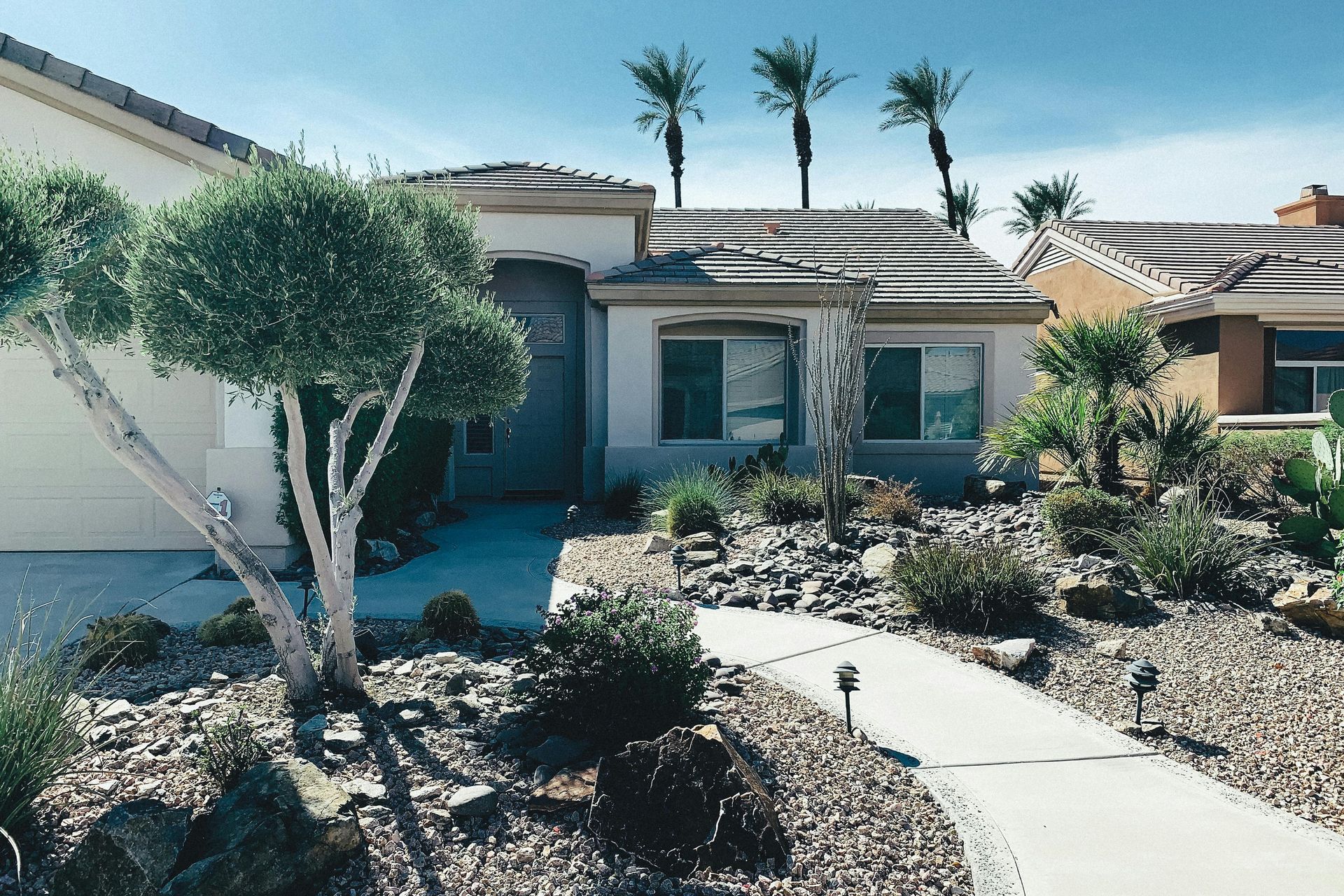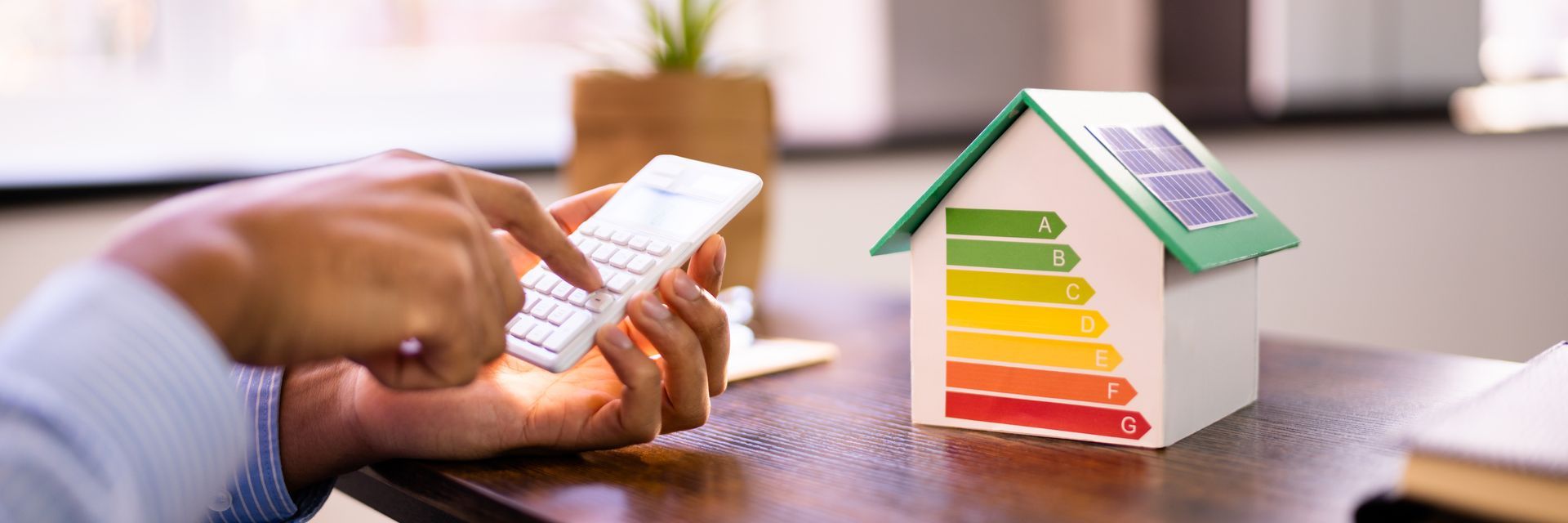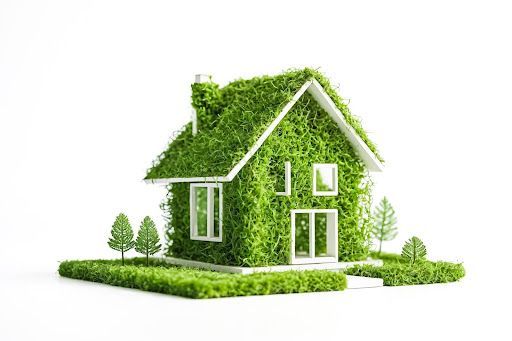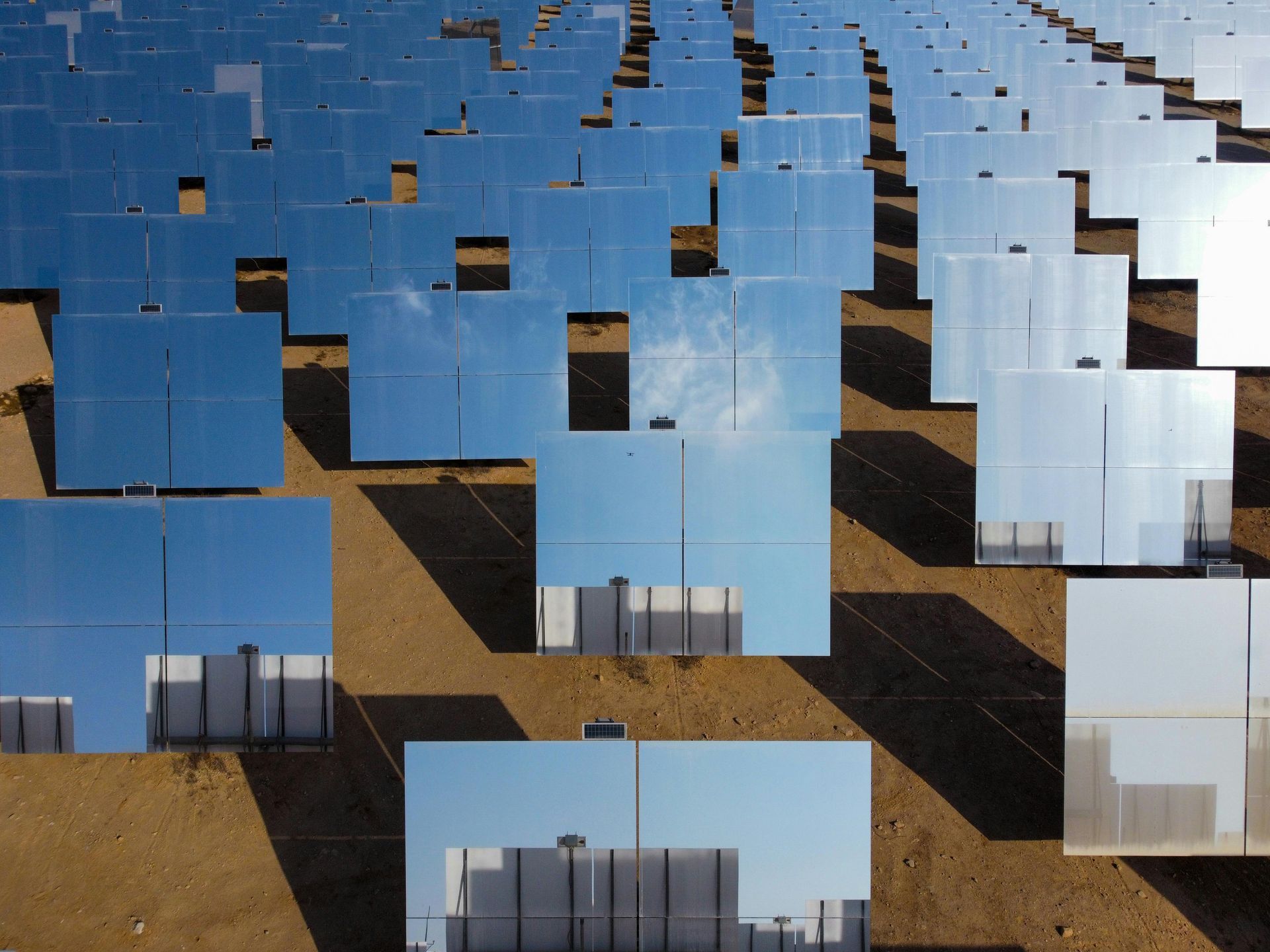Safeguarding Health: Home Water Purification Essentials
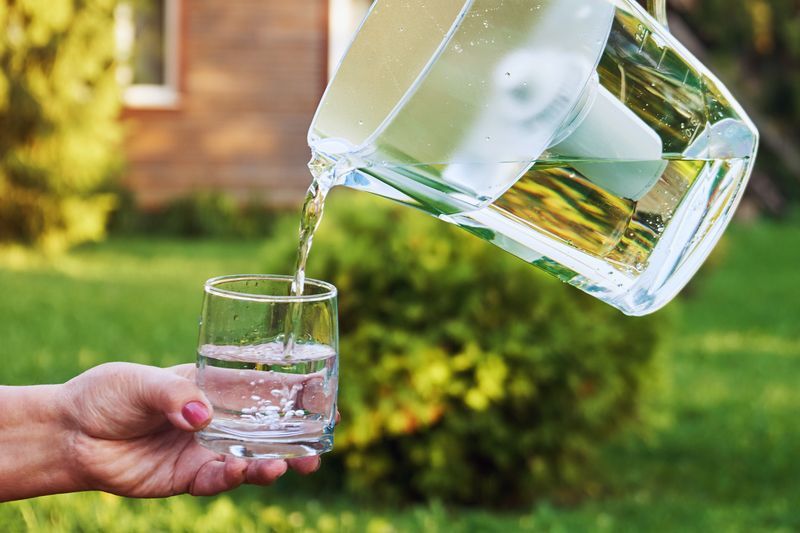
Keeping our drinking water clean is vital for our health. Every day, we rely on water for drinking, cooking, and cleaning, so it's important to make sure it's free from harmful substances. A simple, effective way to ensure our water is safe is by using a water purification system at home. This method helps remove contaminants and bacteria, providing us with clean water that's good for our health.
Water Quality and Wellness
Water purity is instrumental to maintaining good health. Clean water is essential not just for drinking but also for cooking, hygiene, and other household uses. The body's reliance on water for metabolic processes, hydration, and flushing out toxins underscores the importance of its quality. Pollutants can harbor bacteria, lead, pesticides, and other harmful substances that can negatively affect wellness. Chronic exposure to these contaminants can lead to a variety of health issues, ranging from gastrointestinal problems to more serious chronic conditions.
Urban households face a particular
risk of exposure to common contaminants like chlorine, lead, and trace pharmaceuticals. While municipal treatment facilities work to eliminate these impurities, some can remain in the water supply when it reaches the taps of homes. It's crucial for homeowners to understand these risks and take proactive measures to ensure their water is as pure and safe as possible.
Understanding Water Quality in Phoenix
Phoenix's desert locale presents unique water quality challenges. The scarcity of water leads to the need for careful management of the resource, and the high mineral content in the water that does exist can affect both taste and utility. In the Phoenix area, the hardness of water is a common issue, leading to scale buildup in pipes and appliances. During drought periods, the concentration of pollutants in water can increase.
Regional reports on water quality in Phoenix often point to contaminants that exceed national averages. These may include nitrates, arsenic, and other heavy metals. Though local authorities strive to maintain safe water standards, occasional breaches do occur, and these instances are reported to the public. Monitoring these statistics is vital for those interested in the quality of water they use daily.
The Impact of Hard Water on Your Home and Health
"Hard water" is characterized by high levels of minerals, such as calcium and magnesium. In Phoenix, the presence of these minerals in water is common due to the geological makeup of the surrounding land. Consuming hard water isn't inherently harmful, and some minerals can be beneficial to health An extremely high mineral content can lead to potential health concerns, including kidney stones or other kidney-related issues.
Apart from health, hard water can take a toll on the home. Appliances like water heaters, dishwashers, and washing machines can suffer from reduced efficiency and lifespan due to
lime-scale buildup. Plumbing systems, too, can become clogged, reducing water flow and increasing the risk of leaks. For households in Phoenix where hard water is a reality, addressing this issue becomes a necessity to protect both health and home maintenance.
Tapping into the local expertise of Danijela Quenzler Realty, families and individuals in Phoenix, Scottsdale, and Cave Creek who prize eco-friendly living can receive advice on homes that support wellness through clean water practices. With water quality being an essential factor in overall wellness, the real estate services provided can be a bridge to healthier home environments, tackling the challenges of Phoenix's unique water situation.
Home Water Filtration Systems Explained
Implementing a home water filtration system is a proactive step Phoenix homeowners can take to ensure the purity of their water. Popular types include activated carbon filters, reverse osmosis units, ultraviolet (UV) purification, and ion exchange softeners. Activated carbon filters are effective for trapping pollutants like chlorine and odors, whereas reverse osmosis systems provide a deeper level of filtration, removing various contaminants. UV purification uses light to kill bacteria and viruses, while ion exchange softeners mainly tackle the hardness of water.
Each system comes with its pros and cons—carbon filters require regular cartridge changes, reverse osmosis can waste water, UV systems need power, and ion exchange softeners may increase sodium levels in the water. When choosing a filtration system, homeowners should consider their specific water quality concerns, maintenance requirements, and the system's compatibility with their household plumbing.
Sustainable and Eco-Friendly Water Filtration Options
Eco-friendly water filtration is gaining traction as more households aim to reduce their environmental footprint. These systems, such as plant-based filters or those that minimize water wastage, offer a sustainable alternative. The benefits extend beyond personal health and contribute to broader environmental protection by reducing the reliance on bottled water and the energy consumption associated with traditional water heating and cooling systems.
Advanced eco-friendly filtration may include systems that recycle greywater for use in gardening or toilets. Maintaining these eco-friendly systems typically involves regular inspections and cleaning to ensure they operate at peak efficiency, using natural cleaning agents to preserve both the system and the environment.
Keeping Your Home's Water Clean
Regular maintenance of water filters is crucial for their longevity and effectiveness. This may include cleaning filters, replacing cartridges, and checking for leaks. Phoenix residents should consider periodic testing of their water quality to detect any emerging contaminants and adjust their filtration strategy accordingly.
Innovative technologies, like smart water monitors, can provide real-time data on water usage and quality, alerting homeowners to potential issues. Adopting these technologies could lead to more efficient water use and ensure consistent water purity.
The Role of Real Estate in Water Purity
The real estate sector has a significant role in ensuring water purity. The type of property and its water system can greatly impact water quality. Modern homes in Phoenix may come equipped with pre-installed filtration systems, while older properties might need retrofitting. Real estate professionals, like Danijela Quenzler, can guide buyers to properties that align with their health and environmental values, including houses that prioritize water quality.
Features like decentralized water systems, rainwater collection, and energy-efficient appliances are aspects of eco-friendly homes that enhance water purity while reducing utility bills and conserving resources.
The Future of Water Purity in Real Estate
As consumer awareness grows, demand for homes with built-in water purification systems is on the rise. This trend reflects a broader move towards sustainability in the housing market. In the Phoenix area, where water quality is a pressing concern, such features are likely to become standard offerings in new builds. Integration of smart home technology with water systems provides homeowners with granular control over their water usage and quality.
With the push towards eco-friendly living, it is anticipated that innovations in water purification will continue to evolve, offering more efficient, cost-effective, and environmentally responsible options for homeowners. As these advancements unfold, real estate companies are positioned to facilitate the transition to homes that not only promote wellness but are aligned with sustainable living principles.
If you're looking for a home in Phoenix, Scottsdale, or Cave Creek that meets your health and environmental standards, explore options with Danijela Quenzler Realty. Contact Danijela Quenzler today for a consultation on your future eco-friendly home.

